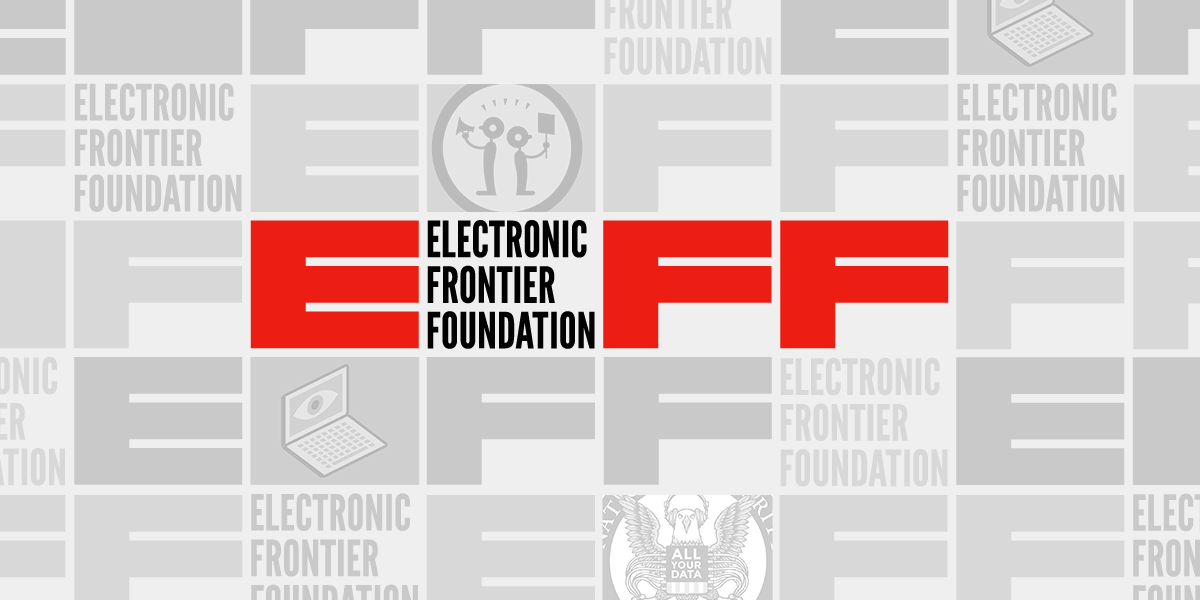Here’s the translation:
The recent decision by the Ninth Circuit Court of Appeals in the United States marks a significant advancement in the realm of data privacy and consumer protection. In the case of Briskin v. Shopify, the possibility of consumers suing companies, both domestic and multinational, in their local courts for violations of state data privacy laws was discussed.
The issue arose from allegations made by a California resident against Shopify, a platform that supports e-commerce businesses. The plaintiff alleged that Shopify had installed tracking software on devices without user consent, resulting in the collection of personal data and tracking of online activities. This practice enabled the creation of detailed user profiles that companies used to block future purchases.
Initially, the court dismissed the lawsuit, arguing that Shopify did not have a sufficient connection to California. However, after a request for reconsideration by the plaintiff, supported by the nonprofit group Public Citizen, the court re-evaluated its decision. It was argued that the collection of user information in other states should not prevent California plaintiffs from bringing their case in their home state.
The court emphasized that Shopify’s conduct was “expressly directed” at California, dismissing the notion that the impact on local consumers was mere coincidence. It was established that, despite being an electronic interaction, the clandestine interception of personal information by Shopify constituted significant contact with the state.
Moreover, the court rejected the notion that plaintiffs had to demonstrate that a company had “targeted” California, stating that such a requirement would allow corporations to direct their activities toward all states and evade personal jurisdiction in each of them. Instead, it ruled that Shopify’s conduct itself connected it meaningfully to the state.
This decision sets a crucial precedent, especially at a time when states are seeking to fill the gaps left by the lack of federal legislation on data privacy. The ruling ensures that state laws will have a real impact on consumer protection against increasing corporate surveillance, representing a vital victory in the defense of privacy.
Referrer: MiMub in Spanish










